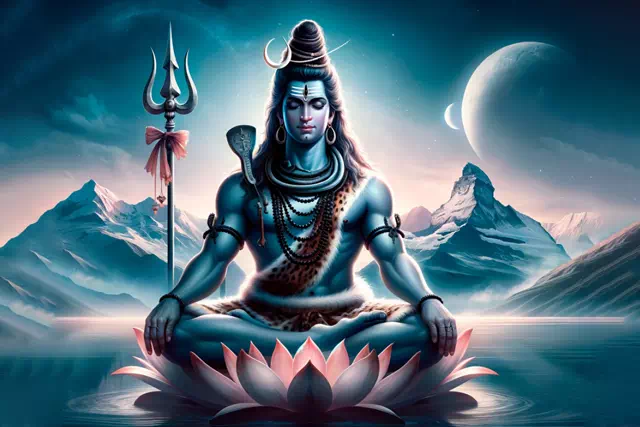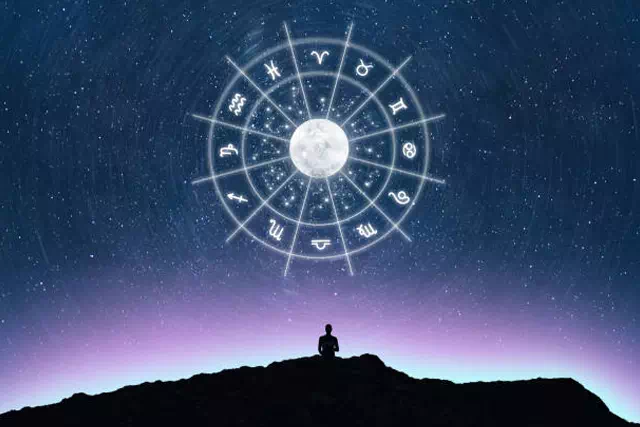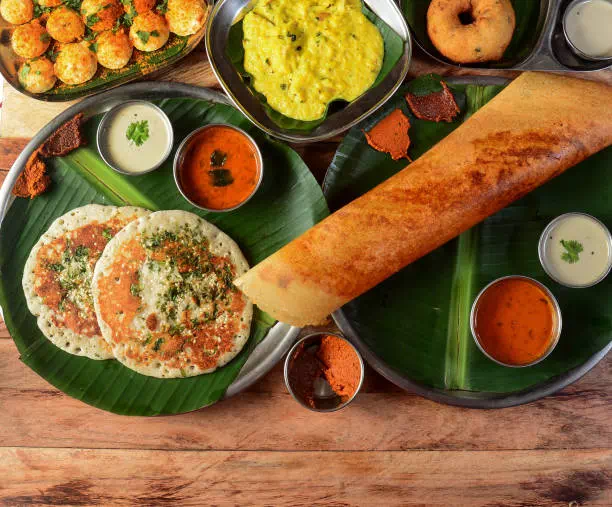Venus conjunct Saturn in the 9th house is a significant astrological combination that carries profound implications for an individual’s beliefs, values, relationships, and spiritual journey. In Vedic astrology, the 9th house is associated with higher learning, spirituality, wisdom, long-distance travel, and philosophical pursuits. When Venus, the planet of love, harmony, and beauty, joins Saturn, the planet of discipline, structure, and responsibility, in this house, it creates a unique blend of energies that influences various aspects of life.
The month of Shravan (July-August) holds a special place in the hearts of Hindu devotees, particularly those who worship Lord Shiva. Shravan, also known as Sawan, is the fifth month of the Hindu lunar calendar and is considered the most auspicious month for worshipping Lord Shiva. The significance of this month is deeply rooted in ancient Hindu scriptures and traditions, which highlight the divine connection between Lord Shiva and the various celestial events occurring during this period.
Significance of the Month of Shravan
1. Celestial Alignment:
During the month of Shravan, the star constellation Shravan is in the sky. According to Hindu mythology, the churning of the ocean (Samudra Manthan) took place during this month, and Lord Shiva consumed the poison (Halahala) that emerged from the ocean to save the universe. Worshipping Lord Shiva commemorates this act of supreme sacrifice and protection.
2. Monsoon Season:
In India, Shravan falls during the monsoon season, when rain rejuvenates the earth. This period of renewal and growth is symbolically linked to Lord Shiva, who is often associated with the destruction of ignorance and the nurturing of spiritual wisdom.
3. Mondays (Shravan Somvar):
Mondays, or Somvar, are dedicated to Lord Shiva, and those falling in the month of Sravan are particularly significant. Devotees observe fasts and perform special rituals on these days to seek Lord Shiva’s blessings for prosperity, health, and spiritual growth.
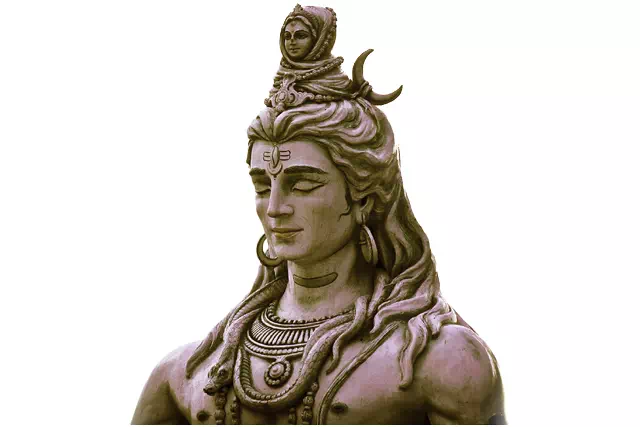
Rituals to Worship Lord Shiva During Sravan
The worship of Lord Shiva in Sravan involves a series of traditional rituals and practices aimed at invoking his blessings and expressing devotion. Here are some of the key rituals observed:
1. Abhishekam (Sacred Bath):
Devotees perform Abhishekam, the ritual bathing of the Shiva Linga, with various substances like water, milk, honey, curd, ghee, and sugar. Each substance has its symbolic meaning and is believed to purify the devotee’s mind and soul.
2. Offering Bilva Leaves:
The Bilva (Bael) leaf is considered extremely sacred in the worship of Lord Shiva. Offering Bilva leaves to the Shiva Linga is believed to please Lord Shiva and bring about spiritual purification. The three leaves of the Bilva are said to represent the three eyes of Lord Shiva.
3. Chanting Mantras:
Devotees chant various mantras and hymns dedicated to Lord Shiva, such as the Maha Mrityunjaya Mantra and the Shiva Panchakshara Stotra (“Om Namah Shivaya”). Chanting these mantras is believed to invoke divine energy and protection.
4. Observing Fasts:
Many devotees observe fasts during the month of Sravan, especially on Mondays. Some may observe a complete fast, while others might partake in a simple diet of fruits and milk. Fasting is seen as a way to purify the body and mind, and to demonstrate devotion and discipline.
5. Rudrabhishek:
This is a special form of Abhishekam performed with the chanting of Vedic hymns, particularly the Rudra Sukta. Rudrabhishek is believed to remove negative energies and grant peace, prosperity, and protection from diseases.
6. Lighting Lamps and Incense:
Lighting oil lamps and burning incense sticks in front of the Shiva Linga is a common practice. This ritual symbolises the illumination of the mind and the dispelling of ignorance.
7. Devotional Songs and Bhajans:
Singing devotional songs and bhajans in praise of Lord Shiva creates a spiritually charged atmosphere. These songs often recount the glories and divine plays of Lord Shiva, inspiring devotion and reverence among the devotees.
8. Temple Visits and Pilgrimages:
Many devotees visit Shiva temples and go on pilgrimages to famous Shiva shrines, such as the Jyotirlingas, during the month of Sravan. Visiting these holy sites is believed to enhance the spiritual merit of the worship.
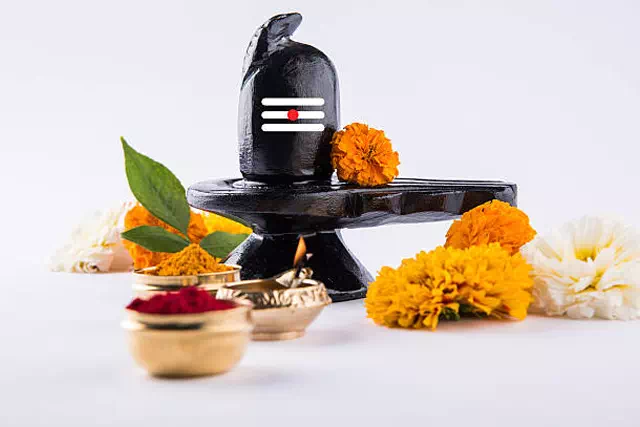
Cultural and Spiritual Benefits
Worshipping Lord Shiva during the month of Sravan is believed to bring numerous cultural and spiritual benefits:
1. Spiritual Upliftment:
The rituals and fasting practices purify the mind and body, fostering a deeper connection with the divine. This spiritual upliftment leads to inner peace and contentment.
2. Health and Well-Being:
The consumption of simple foods during fasting helps detoxify the body, while the mental discipline involved strengthens willpower and self-control.
3. Social Harmony:
Collective worship and communal celebrations during Sravan foster a sense of unity and harmony among devotees. This collective spirit of devotion strengthens social bonds and promotes cultural heritage.
4. Karmic Benefits:
Engaging in selfless acts of devotion and service during Sravan is believed to accrue positive karma. This karmic merit is said to bring long-term benefits, including protection from adversity and the fulfilment of desires.

The month of Sravan is a time of profound spiritual significance for devotees of Lord Shiva. The rituals and practices observed during this period are deeply rooted in ancient traditions and are aimed at seeking divine blessings for a prosperous and fulfilling life. By engaging in these devotional acts, devotees not only honour the supreme sacrifice of Lord Shiva but also embark on a journey of spiritual purification and enlightenment. The worship of Lord Shiva during Sravan is a testament to the enduring power of faith and devotion in the Hindu tradition.
Don’t forget to revisit astropedia.co.in every month for more interesting content like this. Stay tuned for new articles, insights, and updates that will continue to inspire and inform your astrological journey.
TAGS:
astrology self development horoscope numerology good life
The Astrological Story behind her success – Sunidhi Chauhan
Anushka Sharma (born May 1, 1988) is an Indian actress and producer who works in Hindi films. One of the most popular and highest-paid actresses in India, she has received several awards, including a Filmfare Award. Since 2012, she has been listed in Forbes India's...
Caution The Risks of Relying on Online Astrology Apps
Venus conjunct Saturn in the 9th house is a significant astrological combination that carries profound implications for an individual's beliefs, values, relationships, and spiritual journey. In Vedic astrology, the 9th house is associated with higher learning,...
Vaastu Tips to Enhance Concentration in Studies
Venus conjunct Saturn in the 9th house is a significant astrological combination that carries profound implications for an individual's beliefs, values, relationships, and spiritual journey. In Vedic astrology, the 9th house is associated with higher learning,...
Analyzing Multiple Professions Using D1 and D10 in Vedic Astrology
Venus conjunct Saturn in the 9th house is a significant astrological combination that carries profound implications for an individual's beliefs, values, relationships, and spiritual journey. In Vedic astrology, the 9th house is associated with higher learning,...
Exploring Childbirth Astrology Through Transit Analysis
Venus conjunct Saturn in the 9th house is a significant astrological combination that carries profound implications for an individual's beliefs, values, relationships, and spiritual journey. In Vedic astrology, the 9th house is associated with higher learning,...



